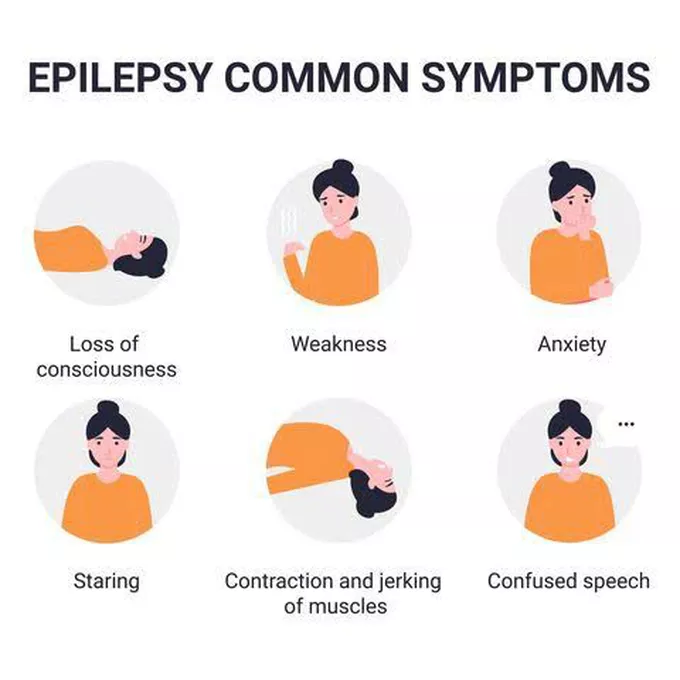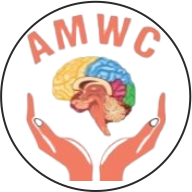What are epilepsy and seizures?
Epilepsy is a chronic brain disorder in which groups of nerve cells, or neurons, in the brain sometimes send the wrong signals and cause seizures. Neurons normally generate electrical and chemical signals that act on other neurons, organs, and muscles to produce human thoughts, feelings, and actions.
During a seizure, many neurons send signals at the same time, much faster than normal. This surge of excessive electrical activity may cause involuntary movements, sensations, emotions, and/or behaviors. The disturbance of normal nerve cell activity may cause a loss of awareness. Some people recover immediately after a seizure, while others may take minutes to hours to feel like themselves again. During this time, they may feel tired, sleepy, weak, or confused.



